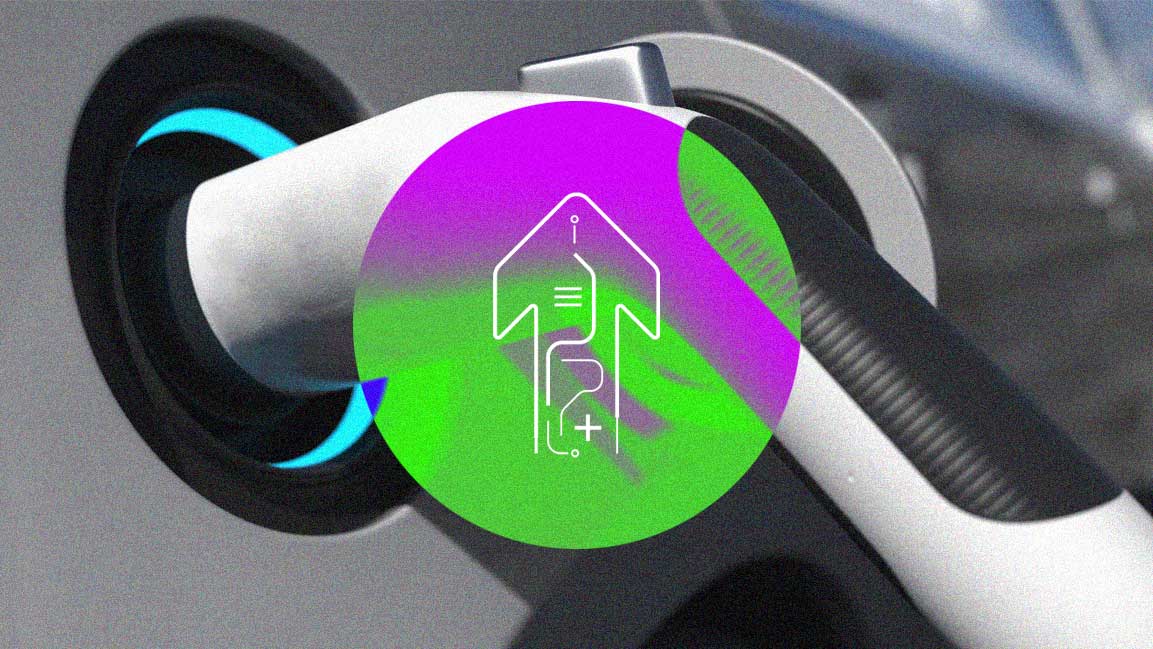- | 12:00 pm
Saudi Arabia retains its top 50 spot in the electric vehicles index
The kingdom is ranked 49th globally in AlixPartners Automotive Electrification Index, an increase of five places year-on-year.

Sustainable mobility is gaining traction in Saudi Arabia, given the kingdom’s collective push for net-zero ambition as part of Vision 2030. The uptick in demand for EVs has propelled the kingdom into the top 50 of a global index that ranks countries on electrification of vehicles.
AlixPartners, a global consulting firm, ranked Saudi Arabia in the top 50 for the first time in Q4 2021. The kingdom moved into the 49th spot out of 73 countries globally for the quarter, up five places compared with Q4 2020 and up from the 50th spot in Q3 2021. The UAE is in the 38th place on the index.
“Environmental concerns are a clear driver for the switch to electric vehicles globally, with every 9th vehicle sold now electrified. In Q4 2021, the integral electric range of new vehicles sold worldwide grew by 36% quarter-on-quarter to hit an all-time high, and with the recent fuel inflation, we believe this growth will only accelerate. Both Saudi Arabia and the UAE are taking action to start manufacturing electric vehicles in-country and tap into the significant opportunity the electric vehicle market represents,” Alessandro Missaglia, Managing Director, AlixPartners Middle East, said in a statement.
Overall, the index showed that the global e-range increased by 36% quarter-on-quarter and hit a new all-time high.
China topped the list as the dominant leader in new electric vehicles based on e-range, accounting for 58.0% of the total global e-range, with the US in second place at 10.9% but growing steadily.
Every ninth vehicle sold in Q4 2021 worldwide was electric, equating to a global e-share (percentage of EVs within total cars sold) of 11.7% in Q4 2021, up from 9.1% in Q3 2021, the report found.
Tesla continued in pole position leading with an e-range share of 22.7%, followed by Chinese OEMs, which are gaining on their European rivals with BYD in second place followed by Volkswagen in third, as per the report.
The AlixPartners survey is carried out every quarter and covers 73 countries.
While such findings are positive signs of EV adoption, road transport is still not on track for carbon neutrality by 2050. Policymakers’ aggressive action will be needed, especially on heavier vehicles, as per BloombergNEF’s Electric Vehicle Outlook (EVO) report.
There are approximately 12 million passenger EVs on the road and electrification is spreading to other segments of road transport. There are over 1 million commercial EVs, including buses, delivery vans and trucks, and over 260 million electric mopeds, scooters, motorcycles and three-wheelers on the road globally, the EVO states.































